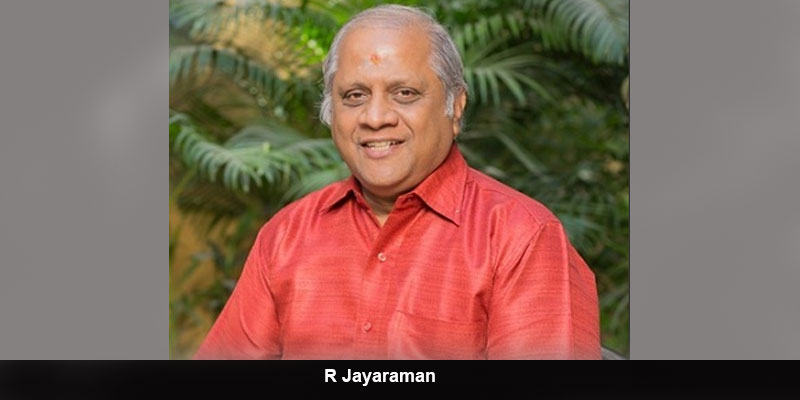Schedule a Call Back
Bio-E3 policy to ignite bio-revolution in India; Jitendra Singh
 Industry News
Industry News- Sep 16,24

Related Stories

India-EU FTA: How Will the ‘Mother of All Deals’ Affect Indian Industries?
The India-EU FTA offers India significant scope to expand goods and services exports through duty reductions and improved market access, though gains may initially favour the EU, writes R Jayaraman.
Read more
Budget Expectation: Why Materials, Data and Governance Will Shape Manufacturing
India’s manufacturing growth hinges on digitalisation, material self-reliance, and policy clarity to strengthen resilience and global competitiveness, says S Sunil Kumar, Country President, Henkel..
Read more
Why SMEs are central to India’s manufacturing future in a VUCA world
Global manufacturing is shifting from cost-led sourcing to resilience, quality and trust, placing Indian small and medium enterprises (SMEs) at the centre of Make in India’s next growth phase, wri..
Read more















